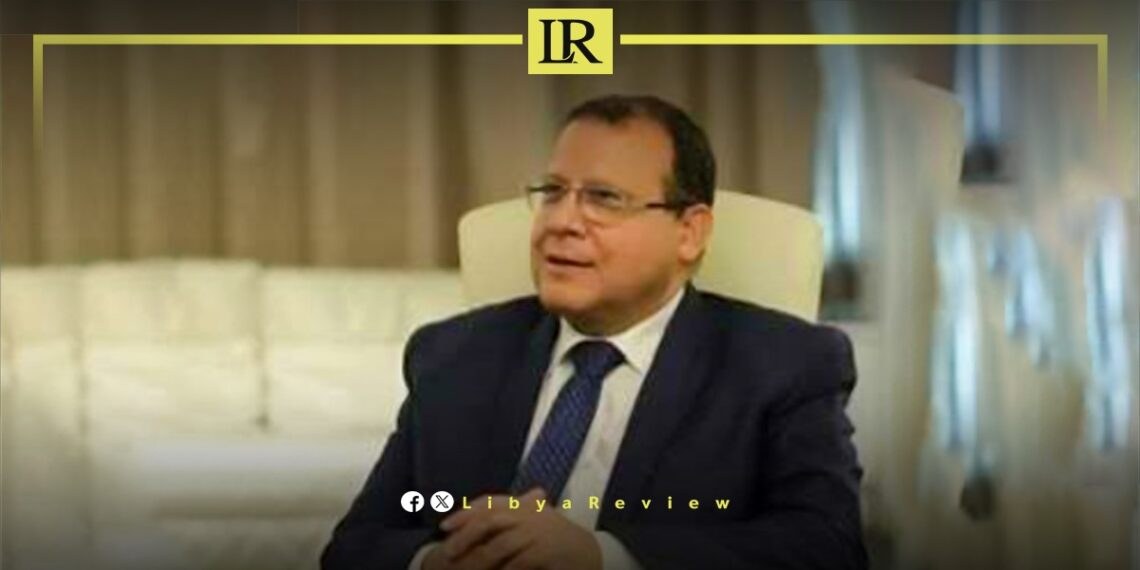The Vice-President of the Egyptian Workers’ Union, Magdy El-Badawy, revealed details of Libya’s plan to import two million workers from Egypt in 2024.
El-Badawy stated in a television interview on Wednesday that the Libyan decision is not impulsive, noting that after political stability in Libya two years ago, the country aimed to embark on reconstruction. Initially, the focus was on recruiting Egyptian workers due to their expertise in reconstruction.
He further emphasised that coordination had been established between Egyptian and Libyan officials, and an electronic linkage between the two countries had been established to facilitate the recruitment of Egyptian workers. The recruitment process would be conducted through government rather than individuals, and Egyptian companies would play a role in organizing and sending the workforce to Libya.
El-Badawy clarified that the purpose of the electronic linkage is to ensure that Egyptian authorities have access to all data concerning Egyptian workers in Libya. Additionally, each worker would be provided with life insurance and health coverage.
He added that the Egyptian government aims to ensure the full security and well-being of every Egyptian worker before their deployment. It is expected that the number of Egyptian workers in Libya will gradually increase, reaching three million.
Last month, Egyptian Consul General, Ahmed El-Hamshary announced Egypt’s readiness to actively contribute to the reconstruction of Libya, highlighting the extensive expertise and resources of its companies in the realm of infrastructure development.
These remarks came during a strategic dialogue between the Egyptian Consul General and Libya’s Acting Foreign Minister, Abdulhadi Al-Hwaij, at the Foreign Ministry’s headquarters in Benghazi.
According to the Libyan Government’s Media Office, the meeting was centered on deepening the cooperative ties between the two nations and addressing mutual concerns.
On his part, El-Hamshary stressed Egypt’s robust capability to assist in Libya’s rebuilding process, similar to its involvement in initiatives under the Development and Reconstruction Fund.
This initiative is part of Egypt’s broader strategy to foster regional stability and development, leveraging its construction and engineering sectors’ prowess.


